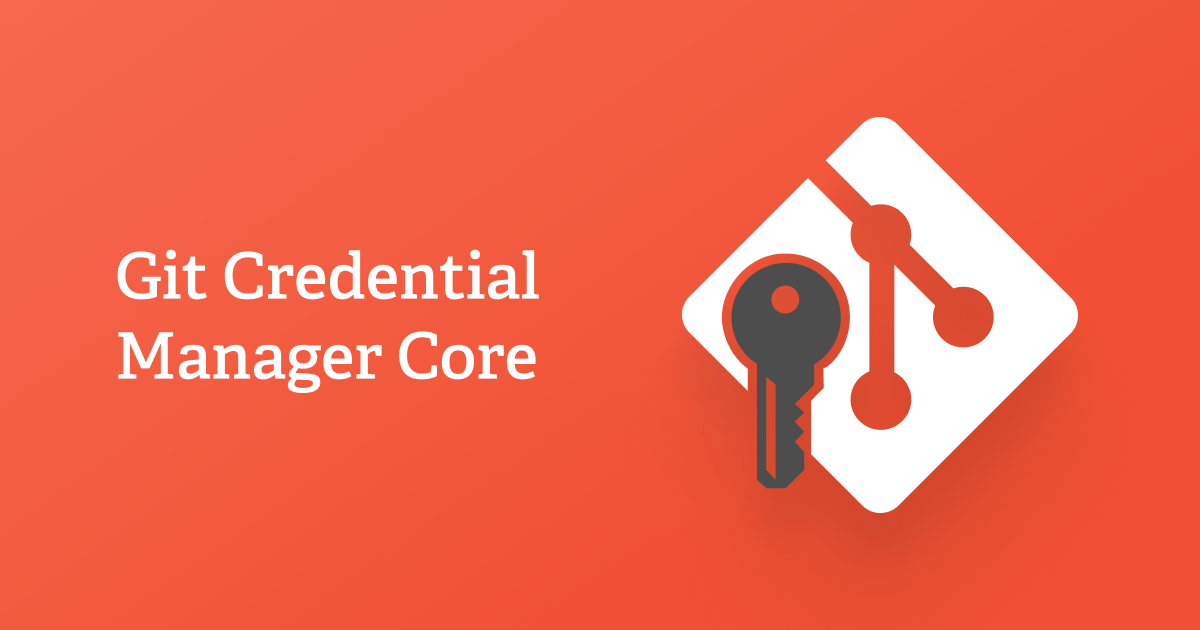Authentication is a critical component to your daily development. When working in open source, you need to prove that you have rights to update a branch with git push. Additionally when working on proprietary software, you need a way to prove that you even have read permission to access your code during git fetch or git pull.
Git currently supports two authentication mechanisms for accessing remotes. When using HTTP(S), Git sends a username and password, or a personal access token (PAT) via HTTP headers. When using SSH, Git relies on the server knowing your machine’s public SSH key. Though SSH-based authentication is considered most secure, setting it up correctly can often be a challenge. On the other hand, PATs are often much easier to set up, but also far less secure.
To manage all of this, Git relies on tools called credential managers which handle authentication to different hosting services. When first designed, these tools simply stored usernames and passwords in a secure location for later retrieval (e.g., your keychain, in an encrypted file, etc). These days, two-factor authentication (2FA) is commonly required to keep your data secure. This complicates the authentication story significantly since new and existing tools are required to meet the demands of these stricter authentication models.
Even though authentication is so critical, building a new authentication feature is hard. Hard to debug, hard to test, hard to get right. If you’re going to do something, then it is best to do it right. Even better, it is helpful to do it once. We’ve been hard at work laying the foundation for a single tool to unify the Git authentication experience across platforms and hosting services.
I’m pleased to announce a new credential manager is available for Windows and macOS: Git Credential Manager (GCM) Core! GCM Core is a free, open-source, cross-platform credential manager for Git, and currently supports authentication to GitHub, Bitbucket, and Azure Repos. We built this tool from the ground up with cross-platform and cross-host support in mind. We plan to extend this tool to include support for Linux platforms and authentication with additional hosting services.
But wait? Doesn’t this just mean we’ve made yet another credential helper?

xkcd on Standards. Source: xkcd.com – License
Well yes, but actually no. GCM Core is in beta today, which means that we won’t be retiring GCM for Windows. Also without Linux support we won’t be retiring GCM for Mac & Linux, just yet.
However, once GCM Core has had some time in the wild, we will move to deprecate and retire both GCM for Windows and GCM for Mac & Linux.
Try out GCM Core today
To install GCM Core, follow these instructions for each platform:
#client apps #security #git
